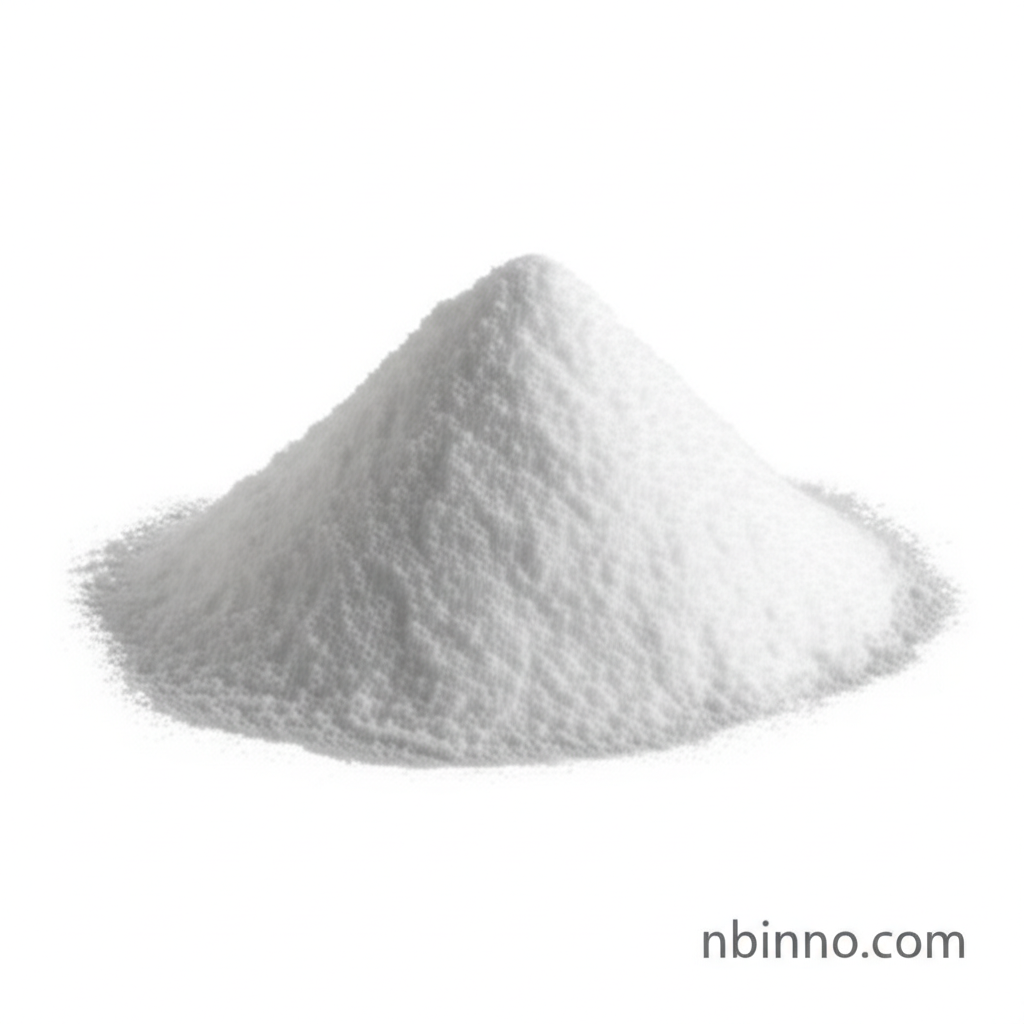Glycylglycine: The Essential Dipeptide for Biochemical Research and Peptide Synthesis
Discover the foundational role of Glycylglycine in advancing peptide synthesis and biochemical research with its exceptional purity.
Get a Quote & SampleProduct Core Value

Glycylglycine
Glycylglycine stands as the simplest dipeptide, offering a critical starting point for the intricate synthesis of more complex peptides. Its high purity, often exceeding 99.9% (HPLC), ensures reliable results in demanding biochemical applications. It also serves as a practical and effective buffering agent, maintaining stability within a pH range of 7.5 to 8.9 at 25°C, making it invaluable for experiments investigating peptide transport and absorption.
- Leverage Glycylglycine for efficient peptide synthesis, a key process in creating complex biomolecules.
- Utilize the high purity of Glycylglycine (99.9%) to guarantee the integrity and accuracy of your biochemical research.
- Employ Glycylglycine as a reliable buffer, ensuring optimal pH conditions for sensitive biological experiments.
- Integrate Glycylglycine into studies on peptide transport and absorption, gaining deeper insights into biological mechanisms.
Advantages Delivered by Glycylglycine
Versatile Peptide Synthesis Precursor
As the simplest dipeptide, Glycylglycine provides an ideal and cost-effective starting template for the synthesis of a vast array of more complex peptides, crucial for pharmaceutical and biotechnological advancements.
Reliable Buffering Capacity
With a buffering range from 7.5 to 8.9, Glycylglycine is an excellent choice for maintaining stable pH environments in various biochemical assays and cell culture applications, ensuring experimental reproducibility.
High Purity for Sensitive Assays
The exceptionally high purity of Glycylglycine (often >99.9% by HPLC) minimizes interference from impurities, making it suitable for sensitive research, particularly in the study of peptide transport and absorption mechanisms.
Key Applications
Peptide Synthesis
Glycylglycine serves as a fundamental building block in the laboratory synthesis of peptides, enabling the creation of therapeutic peptides and research tools.
Biochemical Buffering
Its reliable buffering capacity makes Glycylglycine an important reagent for maintaining stable pH in various biological experiments and formulations.
Research into Peptide Transport
Researchers utilize Glycylglycine to investigate the mechanisms and pathways involved in the absorption and transport of peptides within biological systems.
Biochemical Research Tool
As a simple dipeptide, it's used broadly in biochemical research for a variety of purposes, including as a standard or substrate in enzymatic studies.
